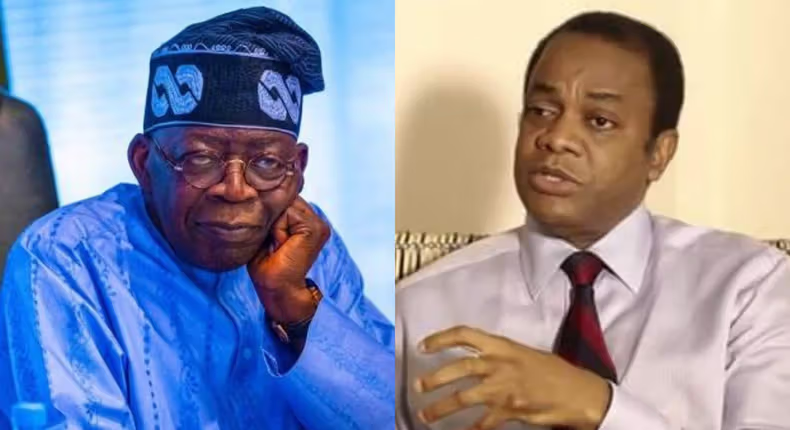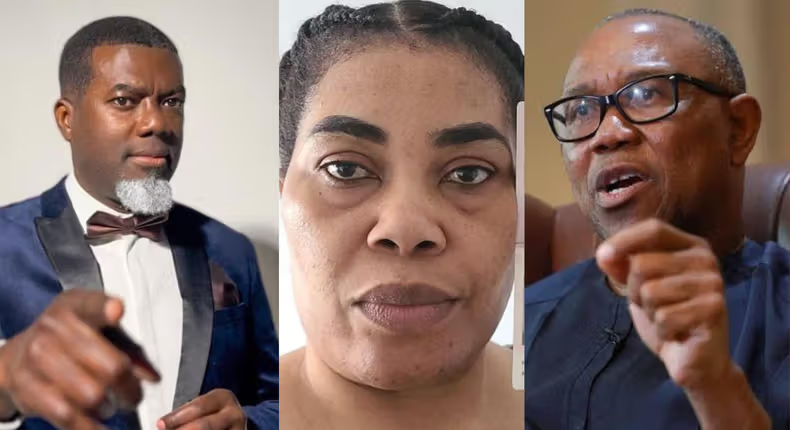A wave of protests is sweeping through Kenya. Triggered by controversial proposed
tax hikes, the movement has evolved into a wider campaign for more accountable
governance in the country. Some demand the entire government's resignation.
Kenyan police have fired tear gas in the capital, Nairobi, and the coastal city of
Mombasa to disperse anti-government protests.
In both city centres many businesses have remained closed. Demonstrators have
also taken to the streets of other cities including Kisumu.
Human rights groups say since the protests against a controversial finance bill began
two weeks ago 39 people have been killed by security forces.
President William Ruto has since dropped the proposed tax increases – but the
demonstrations have morphed into calls for him to resign and anger over police
brutality in the most serious crisis of his presidency.
The scale of demonstrations are smaller than last week's, but chaotic scenes have
been witnessed in Mombasa, where cars were seen burning as protesters clashed
with police.
In Nairobi, there is a huge security presence with running battles along some of the
main roads leading to the centre. Groups of protesters lit fires and threw stones at
police.
In the central business areas of Nairobi and Mombasa some shop-owners have
hired vigilantes to patrol with clubs to guard against looting.
Astin Kibowen, 21, who is guarding the music shop where he works in Nairobi, told
the BBC he wanted the president "to listen to our cries, to our voices".
Since President Ruto came to power two years ago promising to revitalise the
economy, Kenyans have been hit by a cost-of-living crisis with more taxes on
salaries, fuel and on gross sales.
Kenya’s President William Ruto issued a public apology for the “arrogance and show
of opulence” displayed by ruling party legislators and ministers amid recent tax hike
protests. He also vowed to take action against “rogue” police officers who opened
fire on unarmed civilians during the demonstrations and the storming of parliament.
President Ruto, referring to what he called arrogant statements made by officials,
said public speaking was “difficult” and some people make “mistakes” for which he
takes responsibility and promised change in the conduct of officials. Ruto’s apology
and promise to address police brutality comes in response to public outrage over
deadly protests against proposed tax hikes. The protests saw police shoot civilians,
parts of the parliament building set on fire, and protesters storming Parliament during
a finance bill vote.

Author: Mpheza Clara Manda
Luska, Zambia
Senior Correspondent













Your writing has a way of resonating with me on a deep level. I appreciate the honesty and authenticity you bring to every post. Thank you for sharing your journey with us.
I loved as much as you will receive carried out right here The sketch is attractive your authored material stylish nonetheless you command get got an impatience over that you wish be delivering the following unwell unquestionably come more formerly again since exactly the same nearly a lot often inside case you shield this hike
You have a way with words.
Wow amazing blog layout How long have you been blogging for you made blogging look easy The overall look of your web site is magnificent as well as the content